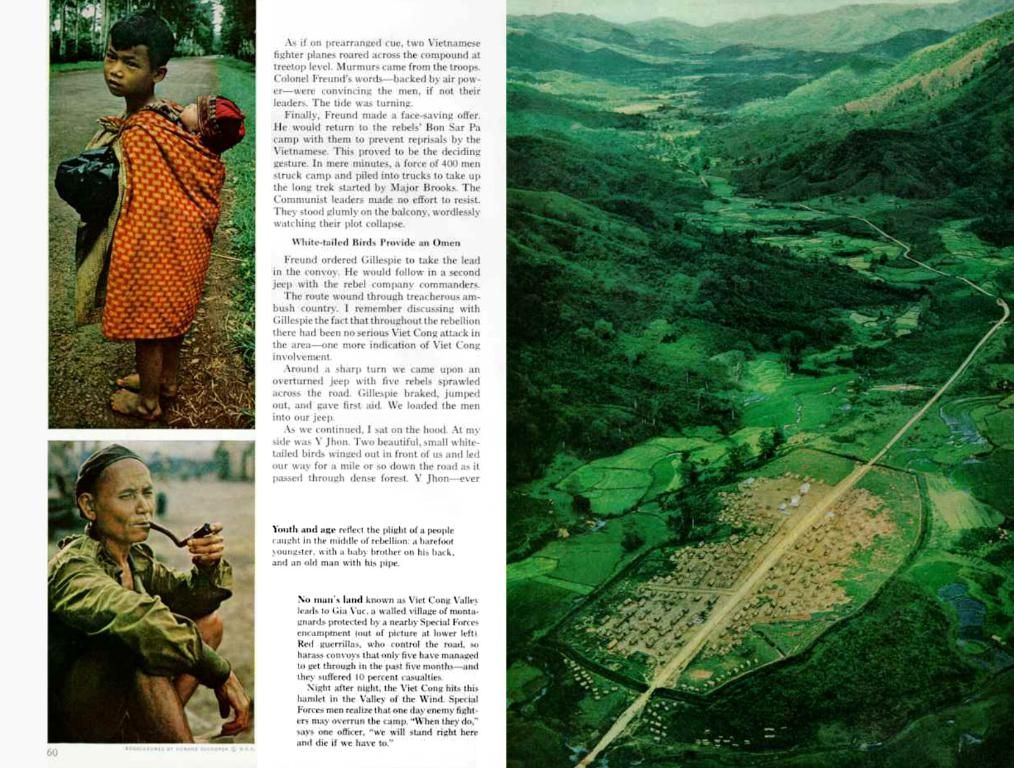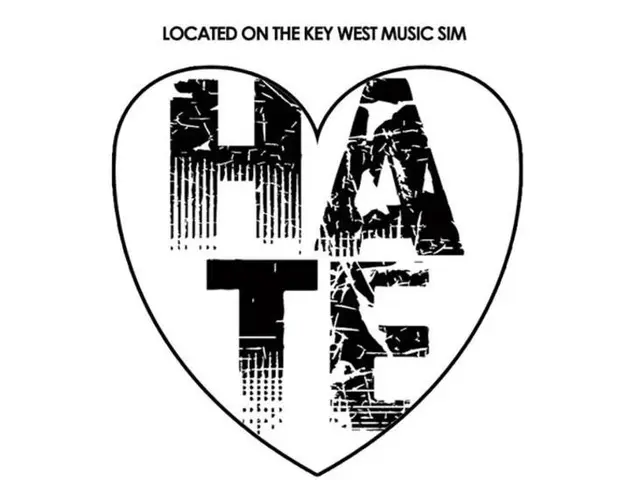Activist of Karakalpak origin apprehended in Almaty, Uzbekistan
Unfiltered Tale: The Silenced Activist and Uzbekistan's Crackdown
In the cool night of Almaty, Kazakhstan, a chilly grip settled as plainclothes officers stormed the home of Aqylbek Muratbai, a fierce activist advocating for global recognition of the Karakalpakstan bloodshed. His partner, Indira Beissembayeva, witnessed the ordeal as two unidentified men whisked him away to a police precinct at ten o'clock, revealing that the detainment was orchestrated at the request of Uzbek authorities.
Muratbai's arrest, Beissembayeva shared, occurred under the pretext that he was wanted in Uzbekistan, allegedly due to calls for public unrest. Longtime partners in activism, the couple's connection has been inextricably linked to the tense history of Karakalpakstan—an autonomous region in western Uzbekistan.
This arrest seems to fit into a pattern of Uzbekistan's persistent attempts to clamp down on foreign-based activists hailing from Karakalpakstan. Towards the end of 2022, the Kazakh authorities detained at least four activists in the name of Tashkent's demands. The arrested included Ziuar Mirmanbetova, Raisa Khudaibergenova, Zhangeldy Zhaksymbetov, and Koshkarbai Toremuratov. According to Uzbek investigators, all were charged with seeking to undermine the constitutional order in Uzbekistan.
The unrest that erupted in Karakalpakstan in early July 2022 shook the capital, Nukus, and nearby towns and villages. Spontaneous protests against proposed constitutional changes that would have diluted the province's autonomy prompted the government to take drastic measures. Troops bearing deadly firearms were dispatched to quell the uprising.
The violence led to at least 21 casualties, officials confirmed, with the majority of deaths occurring among demonstrators. However, the heaviest repercussions were felt by protest leaders and their followers, who were slapped with hefty penalties.
One of the most high-profile figures caught in the crosshairs of this power struggle was Dauletmurat Tazhimuratov. A Karakalpak lawyer and activist, he was handed a 16-year prison sentence on charges of sowing unrest and pursuing independence for Karakalpakstan.
A diligent documenter and communicator, Muratbai had been tracking Tazhimuratov’s trial and subsequent appeals—an endeavor that set him apart as one of few Karakalpak activists with an international audience due to his frequent use of English in his bulletins and appeals.
In a recent interview, Muratbai shared his hope that his elevated status within the Karakalpak activist community may grant him some measure of protection from the specter of arrest and deportation to Uzbekistan.
Uzbekistan carved a dubious track record following the crushing of a mass protest in the city of Andijan in 2005. The late President Islam Karimov’s regime displayed a culture of aggressive evasion and obscurity while dealing with the aftermath, resulting in what many rights groups suspect was hundreds of casualties.
The Uzbek government sought, in the wake of the Karakalpakstan bloodshed, to convey a sentiment of openness to some level of scrutiny. Though refraining from inviting investigations by outside parties, the government announced an independent commission in late July 2022 to probe the events. The commission was assigned two mandates: one, to investigate the causes of the unrest, and two, to ensure that the rights of all those detained by the police were respected.
Comprising members of parliament, rights advocates, and public figures from Karakalpakstan, the commission has yet to present any findings. No explanation for the delay has been offered, with members failing to respond when questioned by Eurasianet.
The government's efforts, however, have not been limited to the formation of commissions. In a bid to silence any hint of dissent, individuals perceived as mobilizing Karakalpaks inside the country and beyond have been targeted. The quartet detained in Kazakhstan in 2022 were eventually released, but they have not been granted asylum, leaving them vulnerable to the threat of deportation.
Andrei Grishin, a spokesperson for the Kazakhstan International Bureau for Human Rights, voiced his fears to openDemocracy, expressing concern that the activists might face torture, forged trials, or other forms of mistreatment if returned to Uzbekistan, based on historical precedents of the Uzbek authorities' treatment of opponents.
The picture of Karakalpakstan today paints a grim future for activists and dissidents. According to RFE/RL, law enforcement forces in the republic have been harassing and penalizing young people suspected of sympathizing with the cause of imprisoned activist Dauletmurat Tazhimuratov or harboring possibly separatist views. Activists have reported that dozens have been arrested, fined, or expelled from universities since the protests in July 2022.
Muratbai had been an informant for RFE/RL, offering crucial insights into the struggles and resilience of the Karakalpak activist community.
Note: Following initial publication, details about the charges against Muratbai were made available.
Insights:
Uzbekistan has a long-standing pattern of suppressing dissent, often targeting activists from ethnic minority groups like the Karakalpaks within its borders and beyond. Protests in Karakalpakstan in 2022 sparked a violent response from the government and heightened persecution of dissidents. Many activists are facing charges such as threatening national security or organizing public disturbances, often resulting in imprisonment or deportation. The Uzbek government often employs a mix of legal actions and security measures to quell dissent and maintain control over regions with potential separatist sentiments.
- The arrest of Aqylbek Muratbai, a Karakalpak activist, highlights a trend of Uzbekistan's crackdown on foreign-based activists from ethnic minority groups, like the Karakalpaks, as he was reportedly wanted in Uzbekistan for calls advocating public unrest.
- News of general-news interest may include the complications surrounding the independent commission set up by the Uzbek government to investigate the events leading to the unrest in Karakalpakstan, and the ongoing persecution of activists and dissidents, as they are yet to present any findings and the delay has been met with silence from commission members.
- In this unstable political climate, crime-and-justice developments may involve alleged human rights violations such as the risk of torture, forged trials, or mistreatment that activists like Ziuar Mirmanbetova, Raisa Khudaibergenova, Zhangeldy Zhaksymbetov, and Koshkarbai Toremuratov might face if deported back to Uzbekistan, as warned by Andrei Grishin of the Kazakhstan International Bureau for Human Rights.







